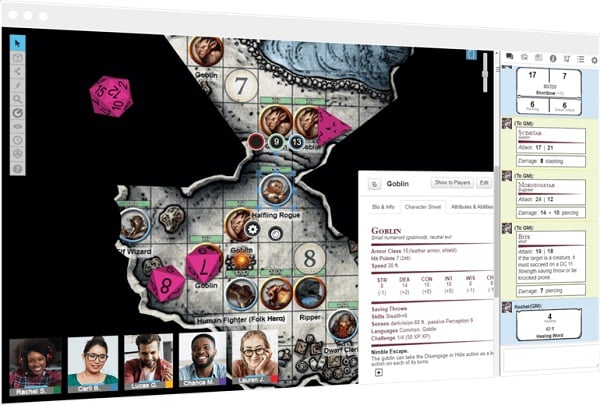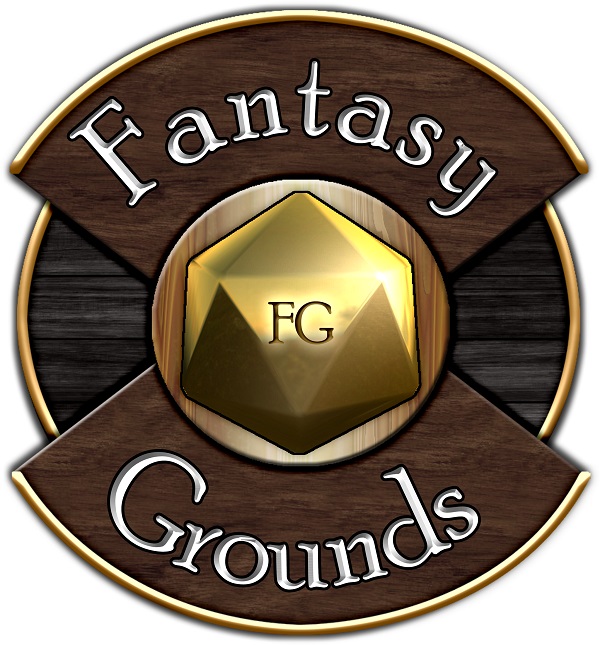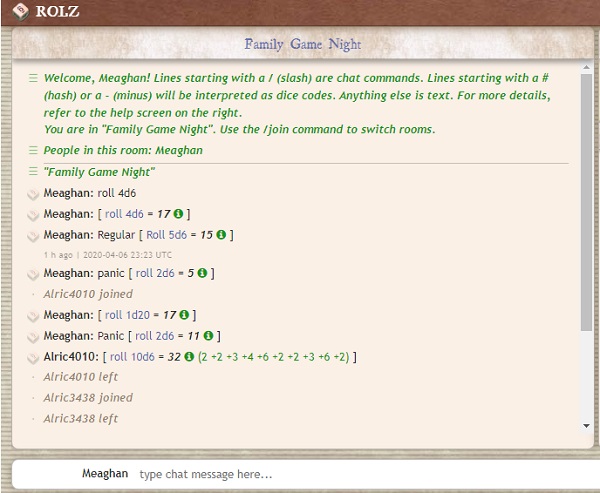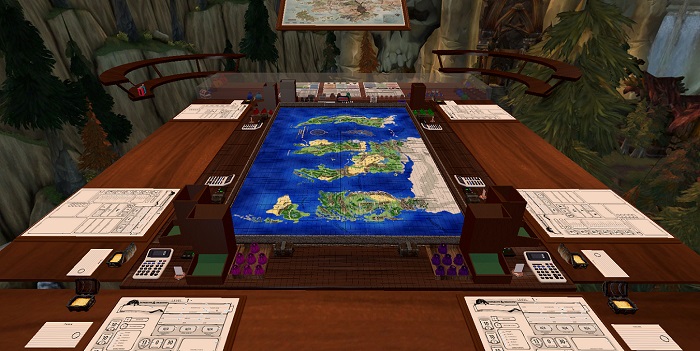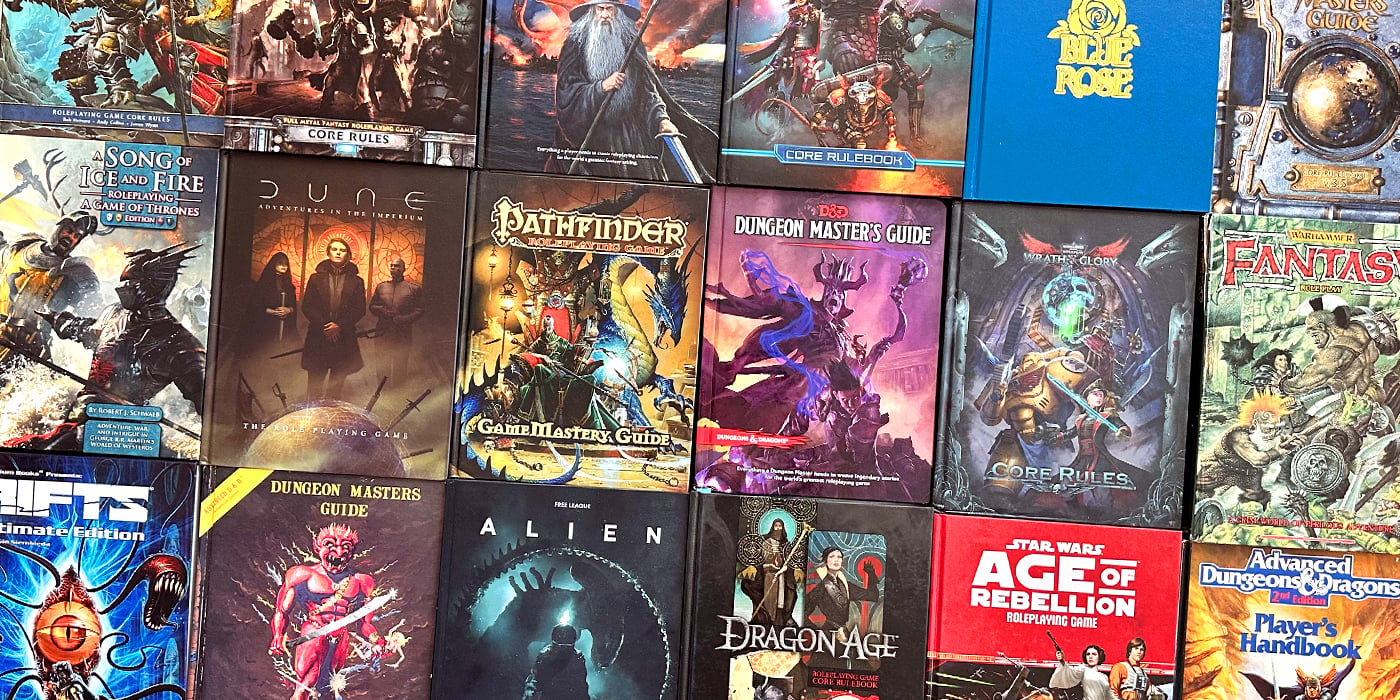4 Websites To Make Your Online D&D Experience A Little Easier
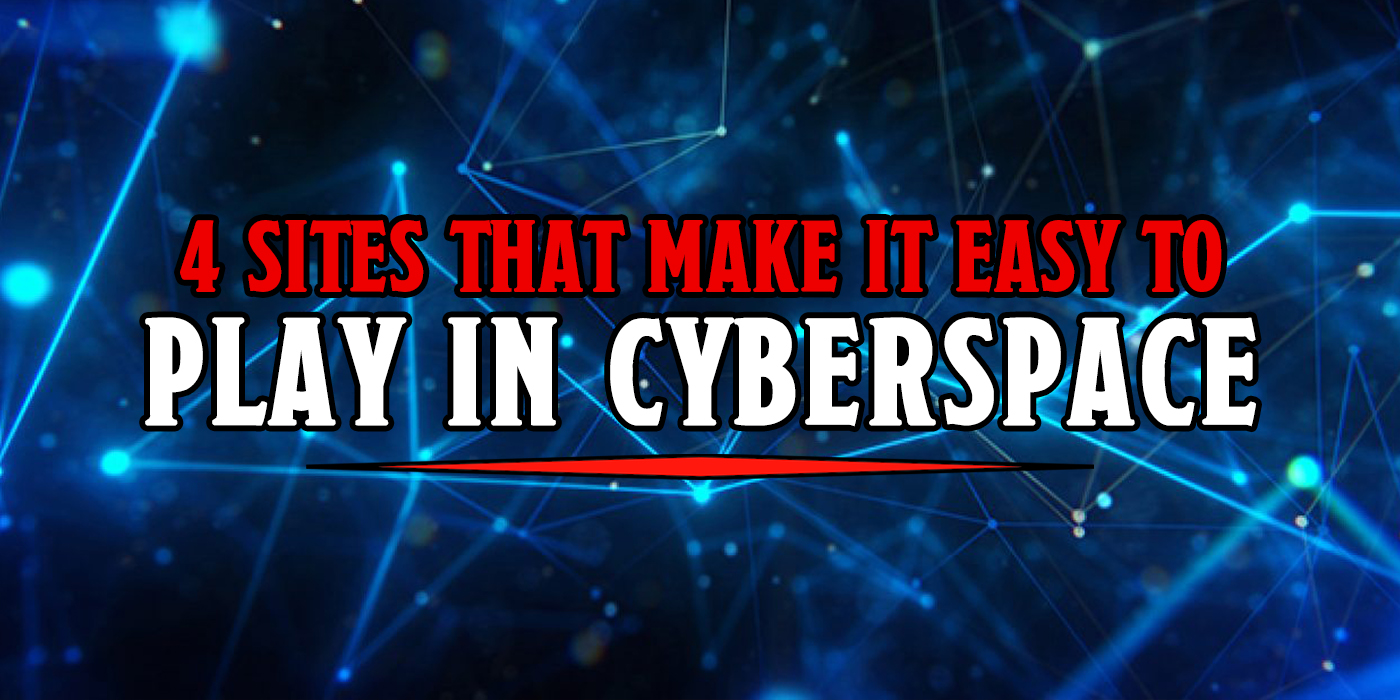
We want to be good about social distancing, but moving our RPGs online has been weird and awkward. Don’t worry, we’re here to help.
If you’re not used to playing tabletop RPGs in on online or remote setting, the transition from sitting around a table to video chatting may have created some growing pains. I’ve been role playing with friends around the country for years and still find new problems that simply wouldn’t ever come up in an in-person campaign. For example, I don’t often question the truthfulness of the players rolling dice at home, but the almost inconceivably “good luck” in rolls during my family game night’s made me think that maybe it’s time to transition that particular game into a program with an open dice roller. Other programs make it easier to record sessions, other are winners because they’re free or convenient. There’s no one perfect solution, but there are a bunch of really solid options depending on what you’re looking for.
Roll 20
You probably know about Roll 20 already; it’s sort of the gold standard of the online RPG experience. With hundreds of the most popular systems supported, and a comprehensive all-in-one stop for video chat, character sheets, maps, and dice rolling, as well as phone apps, and a huge library of tools, Roll 20 is something of a one stop shop for anyone looking to move their campaign online. The basic membership level is free but fairly bare-bones with Plus and Pro subscriptions for about $5 and $10 a month respectively. Setup can be a little confusing for the GM’s first go at this site, but they’ve also put out a helpful YouTube series breaking down the basics and getting your game off the ground.
Fantasy Grounds
Fantasy Grounds is undeniably similar to Roll 20 in form and function. They’re both virtual tables to play at with an emphasis on D&D and other RPG systems, Fantasy Grounds also allows you to use maps, run encounters, store character sheets, and so on, but they’re definitely distinct programs for different people. Fantasy grounds is its own downloadable program as opposed to usable through their website, has a similar up-front cost but according to some a higher cumulative cost, and a more complete and succinct combat organization and encounter running set-up. But you may, of course, have had a different experience or preference. At the end of the day they’re Coke and Pepsi; similar products that are just different enough that most people will prefer one over the other (or not, it’s all soda to me).
ROLZ
Maybe you’re like me when it comes to tabletop RPGs and you don’t mind keeping your games pretty simple. If you prefer theater of the mind to fancy visuals and comprehensive maps, maintaining a hard copy of your own character sheet to an electronic version, or maybe you’re just willing to give all of that up in exchange for not spending any money, ROLZ may just have you covered. For my purposes, I’m happy to play with a video chat and a dice roller that allows me to see exactly how some of my less trustworthy brothers players rolled, and this program his the spot. I had my dad log in and pretend to roll some electronic dice with me to make sure this felt good, and he described using it on his iPhone as “wonky” – hence how many times he logged out and back in in the image above – but on my laptop this did exactly what I wanted it to and did it perfectly. If you’re a simple person who has simple campaign needs, maybe ROLZ will bring your tabletop gaming experience that little extra ease you’re craving.
Tabletop Simulator
While most of us have been eyeing Tabletop Simulator to play regular boardgames, the very customizable nature of the program makes dungeon crawling possible and stylish. Tabletop Simulator is made to look like you’re actually at a table with your friends with 3D effects that manage to be both just a little cheesy and oddly comforting. They provide you with some quality figurines, table styles, backgrounds, and let you move things around the table as if you were actually there. Unfortunately, a system that’s designed for checkers as much as D&D isn’t designed to streamline your experience the way that a Roll 20 or Fantasy Grounds is. It’s a big program made to play every game pretty okay as opposed to a smaller program made to play a few games exceptionally well. That said, Tabletop Simulator let’s you simulate flipping the actual tabletop…. which isn’t important in D&D, but is very important to me for any prospective Monopoly games.
What’s your favorite way to facilitate online RPGs? Is one of these your programs of choice, or do you take a completely different approach? Will you be making a switch any time soon? Let us know in the comments.
Happy Adventuring!

